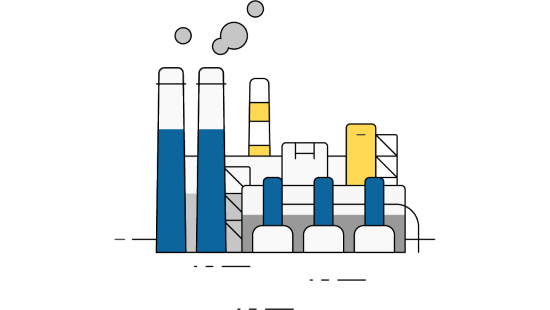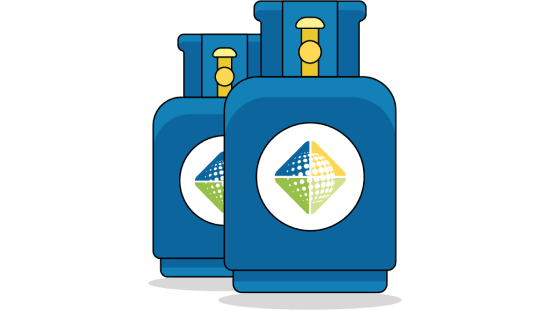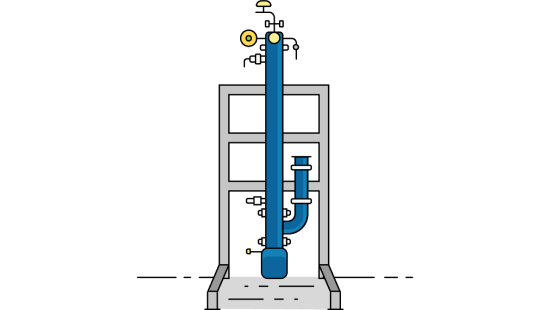The Importance of High-Purity Hydrocarbon Solvents for Biomass Extraction


In the rapidly growing biomass extraction industry, the extraction of cannabinoids and terpenes from cannabis plants demands high-purity solvents to ensure the quality, safety, and efficacy of the final product. This article discusses the significance of using high-purity hydrocarbons in the biomass extraction process, emphasizing its impact on product quality, safety standards, and regulatory compliance.
Biomass extraction involves isolating valuable cannabinoids and terpenes from the plant to create a variety of products such as oils, edibles, and topicals. Hydrocarbon solvents, particularly butane and propane, are widely favored for effective and efficient extraction.
Hydrocarbon solvents, particularly butane and propane, are widely favored for effective and efficient extraction.
The purity of these hydrocarbons is paramount to achieving high-quality, safe, and compliant cannabis products.
High-purity hydrocarbons ensure the extracted compounds are free from unwanted contaminants, including sulfur, moisture, as well as benzene, toluene, ethylbenzene, and xylene (BTEX). These impurities can affect the taste, aroma, and effectiveness of the final product. Using high-purity hydrocarbons results in a cleaner extraction process, yielding a superior end product that meets consumers’ high standards.
Contaminated hydrocarbons can introduce harmful substances into the extract, posing significant health risks. Residual solvents, heavy metals, and other impurities can lead to adverse health effects, especially when the extracts are used in consumable products like edibles, tinctures, and vape cartridges. Ensuring hydrocarbon purity is essential for protecting consumer health and safety.
The cannabis industry is subject to stringent regulations, particularly regarding solvent use and residual levels in final products. Regulatory bodies and state regulatory agencies set limits on residual solvents in extracted products. Using high-purity hydrocarbons helps manufacturers comply with these regulations, avoiding legal issues and ensuring market access.
Purity must be verified and maintained throughout the value chain – from manufacture to application. Validate product purity at each of these critical checkpoints.

Choose a manufacturer that purifies its products through sophisticated processes i.e., hydrogenation, hydrodesulfurization, and distillation. Reliable, high-quality hydrocarbon manufacturers adhere to strict production standards and undergo rigorous quality control processes to ensure the highest purity levels. Ideally, these sites are ISO certified.
The manufacturer should analyze and test each bulk shipment and provide a Certificate of Analysis (COA) to verify purity levels. To maintain these levels, product should be stored in dedicated tanks and shipped via dedicated fleets.

When distributors repackage bulk shipments into cylinders, contaminants may be unknowingly introduced into the product. It is important that distributors have protocols that prevent cross contamination and maintain the integrity of storage tanks and cylinders. Reputable suppliers will provide certificates of analysis (COAs) to ensure the hydrocarbon solvents meet required purity standards. These COAs should detail the levels of impurities, demonstrating transparency and reliability.

Contaminants can also be introduced during the extraction process. Therefore, it is vital for extractors to establish and adhere to comprehensive quality control systems. Extraction equipment, storage tanks, pipes, and other components should be regularly monitored and maintained.
The use of high-purity hydrocarbons, like butane and propane, in biomass extraction is essential for producing high-quality, safe, and compliant products. Ensuring hydrocarbon solvent purity through selecting high quality hydrocarbon source, supplier verification, and stringent in-house quality control measures not only enhances product quality but also protects consumer health and meets regulatory standards. As the industry continues to grow, the emphasis on solvent purity will remain a critical factor in achieving excellence and maintaining consumer trust.
Get a quick summary
We are industry experts. Send us a message and we’ll be in touch.